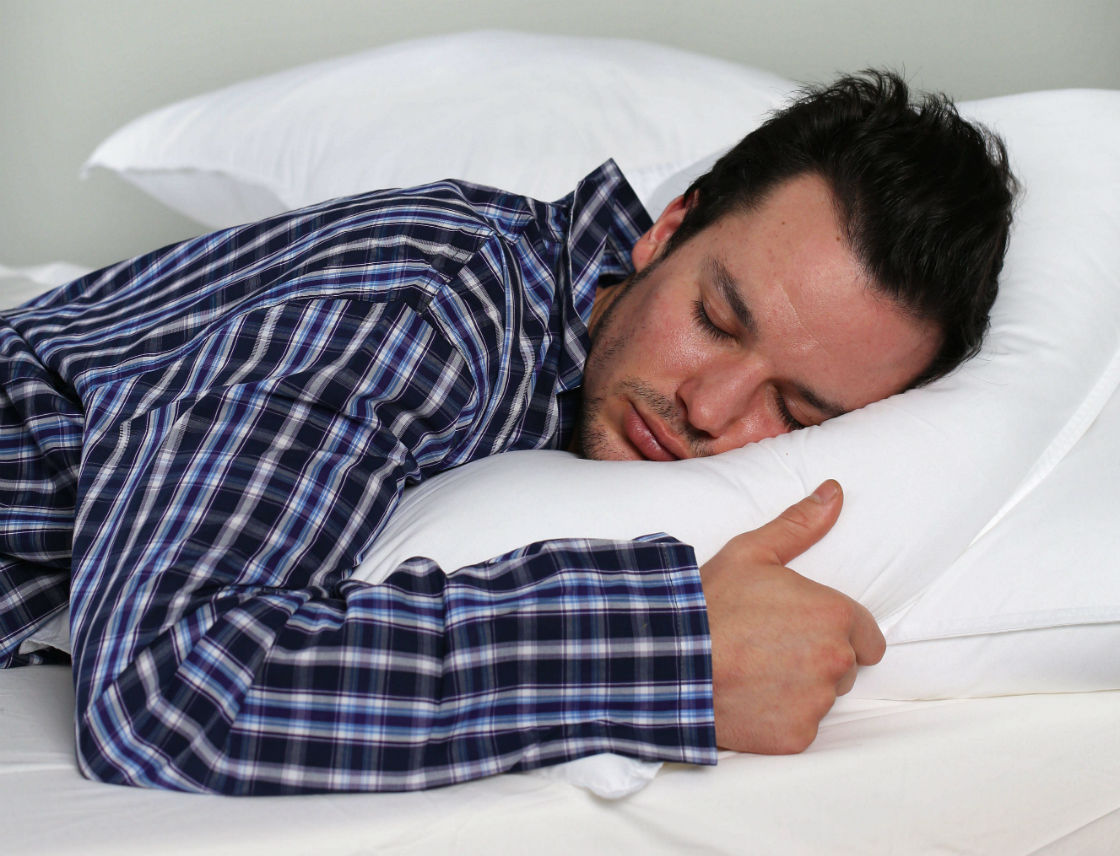People who live in a big city might find that they wake up feeling tired. And that might be because the streetlights are making it more difficult for you to sleep.

A new study that will be presented at the American Academy of Neurology’s 68th Annual Meeting in Vancouver in April found that nighttime light affects how long we sleep as well as how well.
“Our world has become a 24/7 society. We use outdoor lighting, such as streetlights, to be more active at night and to increase our safety and security,” said study author Maurice Ohayon, MD, DSC, PhD, of Stanford University in California. “The concern is that we have reduced our exposure to darkness and it could be affecting our sleep.”
READ MORE: Saving the night—Light pollution a serious concern for human health and wildlife
Over an eight-year period 15,683 people were interviewed about their sleep habits as well as medical and any psychiatric disorders. Then, using data from the Defense Meteorological Satellite Program, the researchers looked at how much outdoor lighting the subjects were exposed to at night.
They concluded that people living in areas with a population of 500,000 people or more were exposed to nighttime light that was three to six times higher than those living in rural areas.
People who lived in areas with more light intensity were six times more likely to only sleep for six hours or less. They were also more likely to be unhappy with the quality of sleep. Those in more intensely lit areas were 29 per cent dissatisfied compared to 16 per cent of those in rural areas.
Fatigue was also higher in those with high nighttime light exposure. People also tended to report waking up confused at night.
The effects of nighttime light pollution is well documented. It’s believed that higher rates of breast cancer occurs in those with nighttime work.
Aside from affecting humans, light pollution also has detrimental effects on wildlife, including disrupting migrating habits of various animals, including sea turtles.


Comments